This post is also available in: Deutsch
In our NORMAPeople series, employees around the world talk about their day-to-day work, how they came to the company and what they appreciate most about their jobs.
Markus Müller has been with NORMA Group at its headquarters in Maintal, Germany, for eleven years and currently heads the global development laboratories as Manager Global Laboratories T&I. In this interview, he talks about his insights into the future of NORMA Group’s inspection and testing procedures and reveals the similarities that exist between his hobby, enduro racing, and his job.
Markus, can you tell us a little bit about your job?
I am responsible for NORMA Group’s global test laboratories and ensure that our product tests are carried out efficiently and reliably.
“A key focus is on the global harmonization and standardization of test procedures and the associated documentation. These efforts allow us to make certain that the results are comparable regardless of location.”
My tasks also include the evaluation of new testing requirements – in particular determining whether these should be covered internally or outsourced. At the same time, I make sure that our global testing capacities are optimally utilized.
In the Technology & Innovation (T&I) prototyping department in Maintal, prototypes for internal development and innovation projects are manufactured. We also support the other NORMA Group plants if special prototypes or samples for customers cannot be produced there. In addition, we support our marketing departments by providing visual aids for trade fairs, for example.
Is there a project that you are particularly proud of?
At the beginning of my time at NORMA Group, the establishment of new development laboratories at our sites in the EMEA region (Europe, Middle East and Africa), including in Pilica, Poland, and Subotica, Serbia, was really memorable. To complete the project successfully, we needed to set up the appropriate infrastructure and implementing special testing equipment.
“In Pilica, we used large-scale test containers to achieve an important milestone in material development and approval testing for our fluid and flex systems in the plastics sector.”
They make it possible for us to significantly reduce development times and provide the right material for targeted customer-specific applications and, on this basis, win significant customer projects.
Another important project was the introduction of a global laboratory database, the so-called Test Facility DataBase (TFDB). With the help of our worldwide measurement system analyses, we ensure that tests are carried out uniformly and comparably regardless of location.
One current example is the expansion of our fluid testing laboratory in China: We have installed two new testing stations there – one for pressure and temperature tests and another for tests under additional vibration. These state-of-the-art facilities enable us to meet customer-specific validation requirements and press ahead with internal material developments in a targeted manner. Together with a colleague, I was responsible for ensuring the technical implementation of this project in accordance with our specifications – a challenge that we were able to master successfully in close cooperation with various specialist departments.
My team deserves special thanks for these efforts. The successful implementation of all these projects would not have been possible without the commitment, expertise and close cooperation of my colleagues.
What do you like most about your job?
What I like most about my job is the combination of strategy and operational diversity. In addition to plannable tasks – such as evaluating our monthly KPIs or implementing key measures from our strategy roadmap for laboratory development – every day brings new, often unexpected challenges. These require quick, short-term decisions and creative solutions.
“The fact that I can actively contribute to the further development of our global development laboratories in my role is particularly motivating for me.”
This includes the introduction of state-of-the-art testing technologies on the one hand and the development of efficient and standardized structures and processes on the other – both of which are key when it comes to making our laboratories fit for the future.
And what does the future hold for testing and inspection procedures?
The future of testing and inspection procedures will be significantly impacted by digitalization and the use of artificial intelligence. These technologies offer enormous potential for optimizing our validation processes. We have already made initial progress and see promising approaches that will further increase the efficiency of our processes.
An important factor for the future of test procedures at NORMA Group is the close cooperation with our colleagues from numerical simulation. This allows us to make component validations much more efficiently, thereby reducing validation costs and significantly shortening development times to series production.
It will also be interesting to see which drive technologies will prevail in the long term – particularly in the automotive sector. At the same time, other sectors in the field of industrial applications, including aviation or white goods, are also becoming increasingly important. For us, this means adapting our test procedures not only to new drive concepts, but also to the specific requirements of the various industries.
When you’re not at work, what do you like to do in your spare time?
In my free time, I am passionate about being out and about on two wheels – on a motorcycle, mountain bike or racing bike.
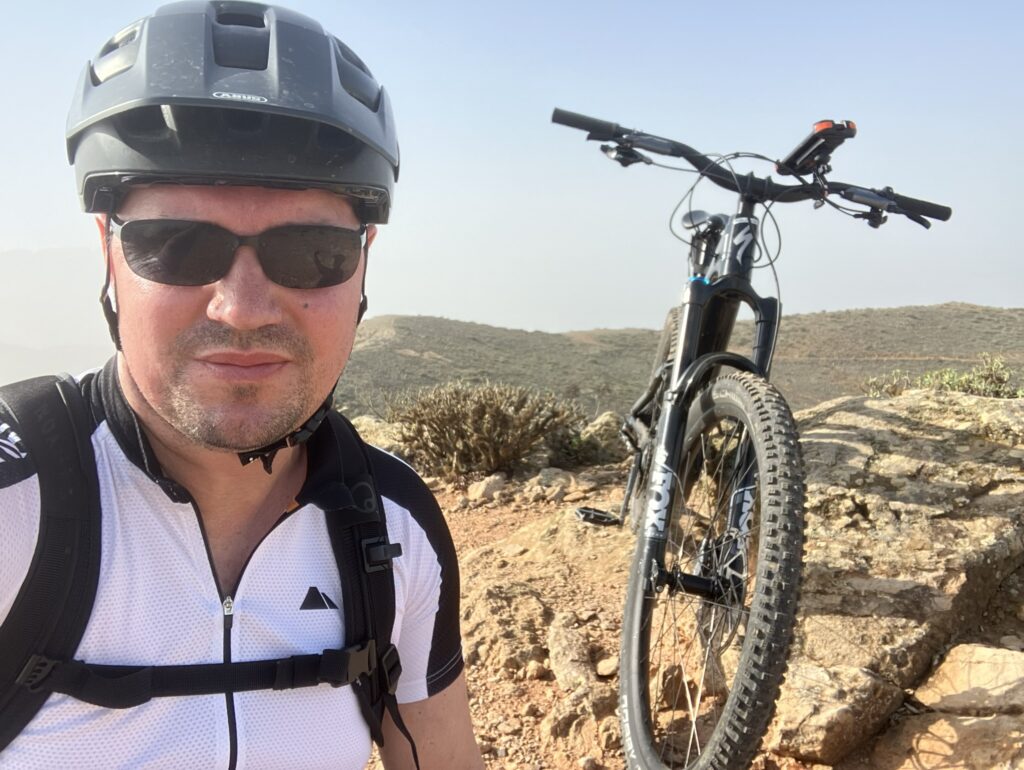
Markus during a mountain bike tour on Gran Canaria.
I find riding my adventure bike off-road, also known as enduro sport, particularly fascinating. I frequently participate in events and amateur competitions, including the BMW Motorrad GS Trophy.
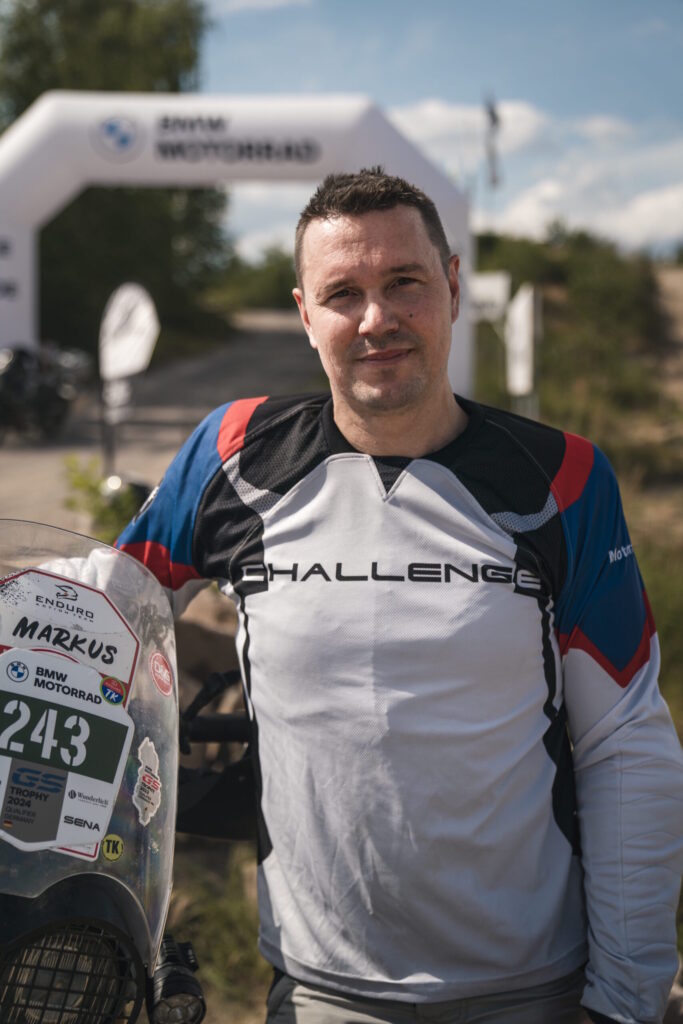
Markus at the BMW Motorrad GS Trophy.
Are there any similarities between your hobby and your job at NORMA Group?
Actually, I do see some similarities: In 40-hour events like the Hard Alpi Tour, which runs from Sanremo to Sestriere and covers almost 1,000 kilometers of off-road track, it’s not just physical endurance that counts, mental strength and team spirit are also essential. Just like at work, challenges have to be overcome and they can sometimes only be solved through collaboration and clear communication.
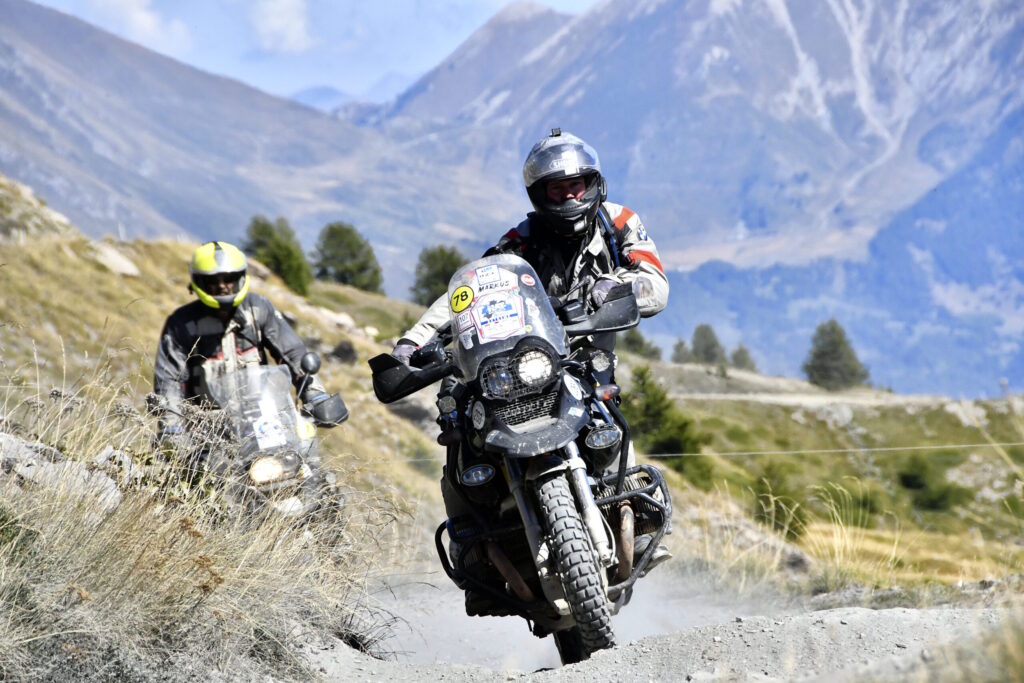
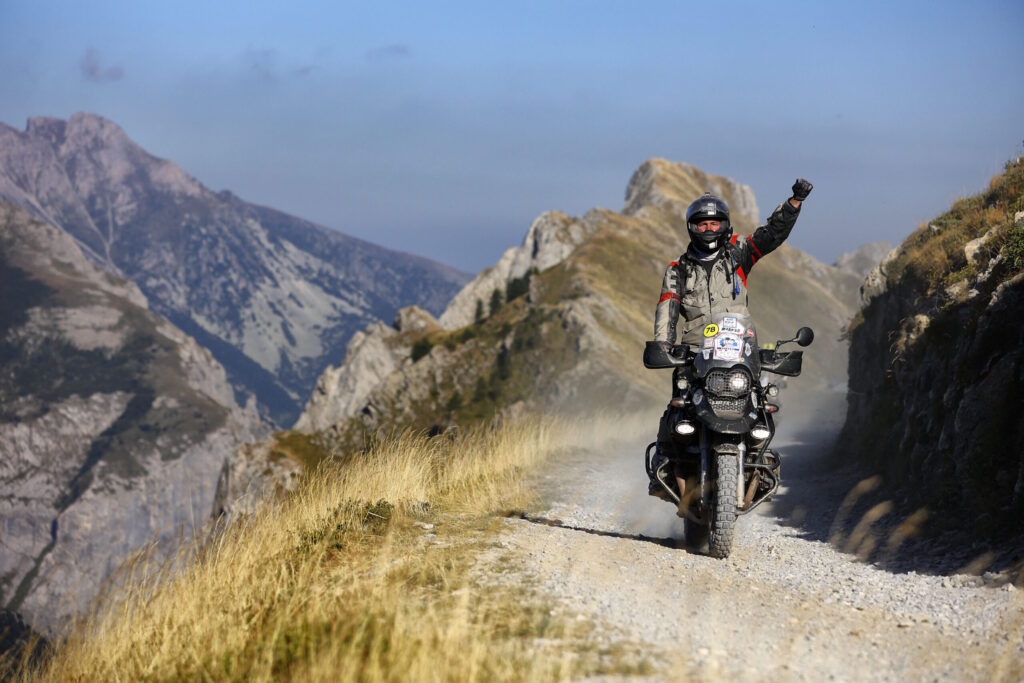
The Hard Alpi Tour on the Assietta Ridge road and the Ligurian border ridge road – two great gravel routes in the Alps.
At the Bosnia Rally, for example, you use a road book with so-called “tulips” – small symbols that indicate the route with kilometers. You have to pay attention and stay focused at all times to avoid taking any wrong turns – and if you do take a wrong turn, you have to find the right course again quickly. At mountain bike events, ground markings in the form of arrows help with orientation.
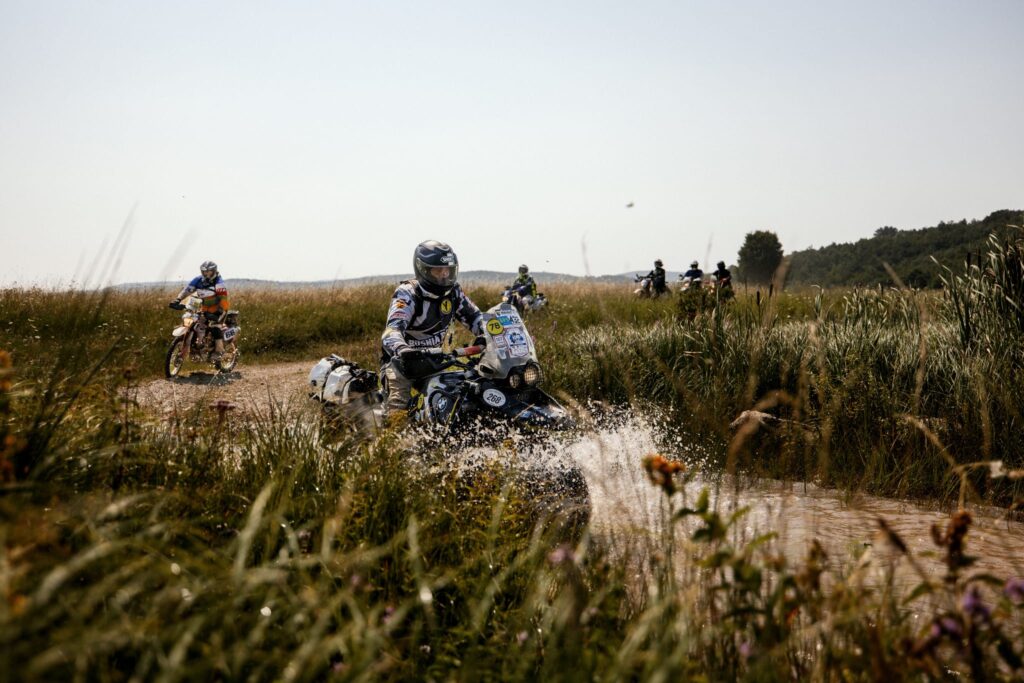
Markus at the Bosnia Rally last year.
And during the GS Trophy, riding tests have to be mastered that require a high level of concentration and where you always have to keep looking well ahead of where you are – similar to riding single trails on a bike. Combined tasks also come into play here: On challenging off-road trails, you have to be a skillful driver and at the same time correctly process information from the road, including numbers, letters or pictures on the trees.
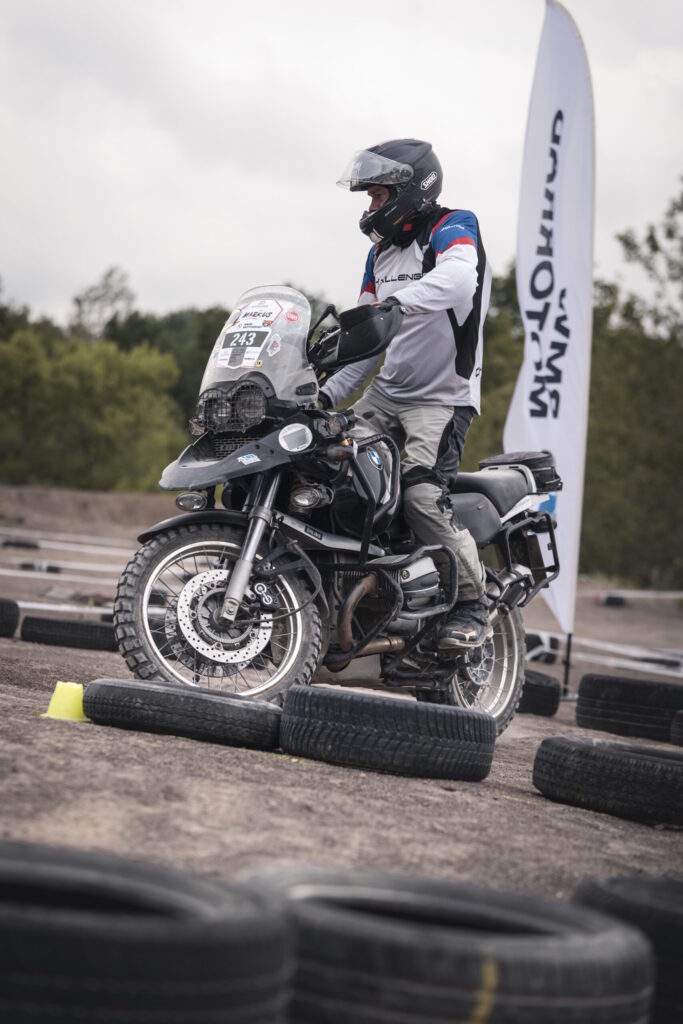
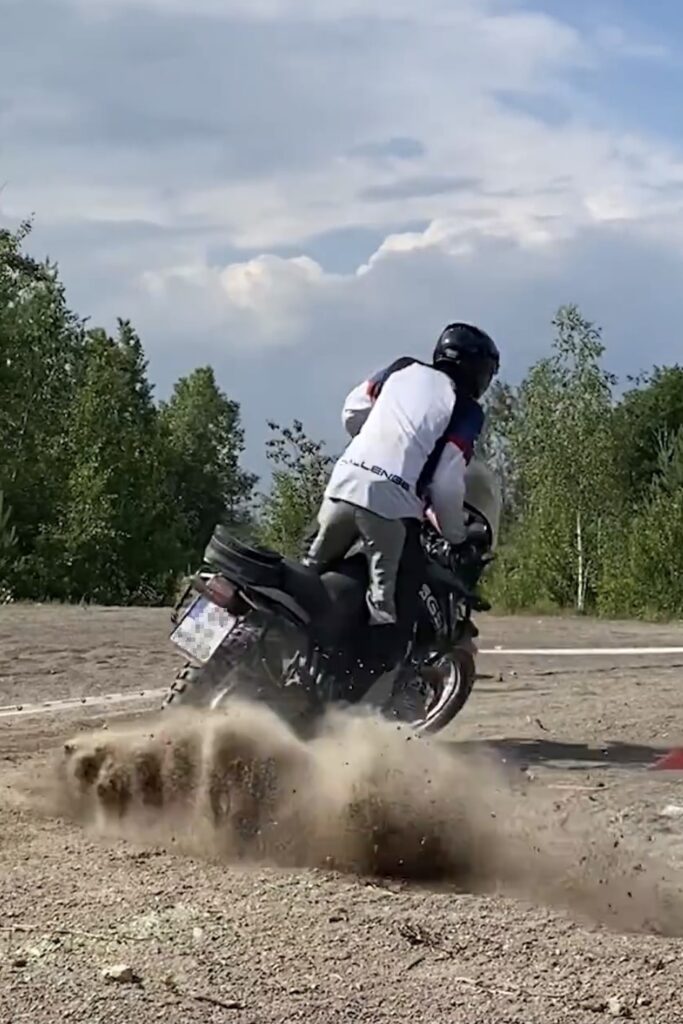
Skills test at the BMW Motorrad GS Trophy.
Team tests are also an important part of the competition. Here everyone has to work together seamlessly to ensure the team’s success.
Apart from the challenges, riding a motorcycle is also a way for me to unwind and clear my head. And occasionally, a NORMA Group product helps me fix minor technical problems along the way.
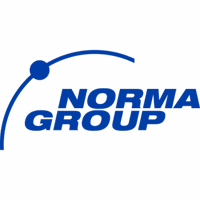
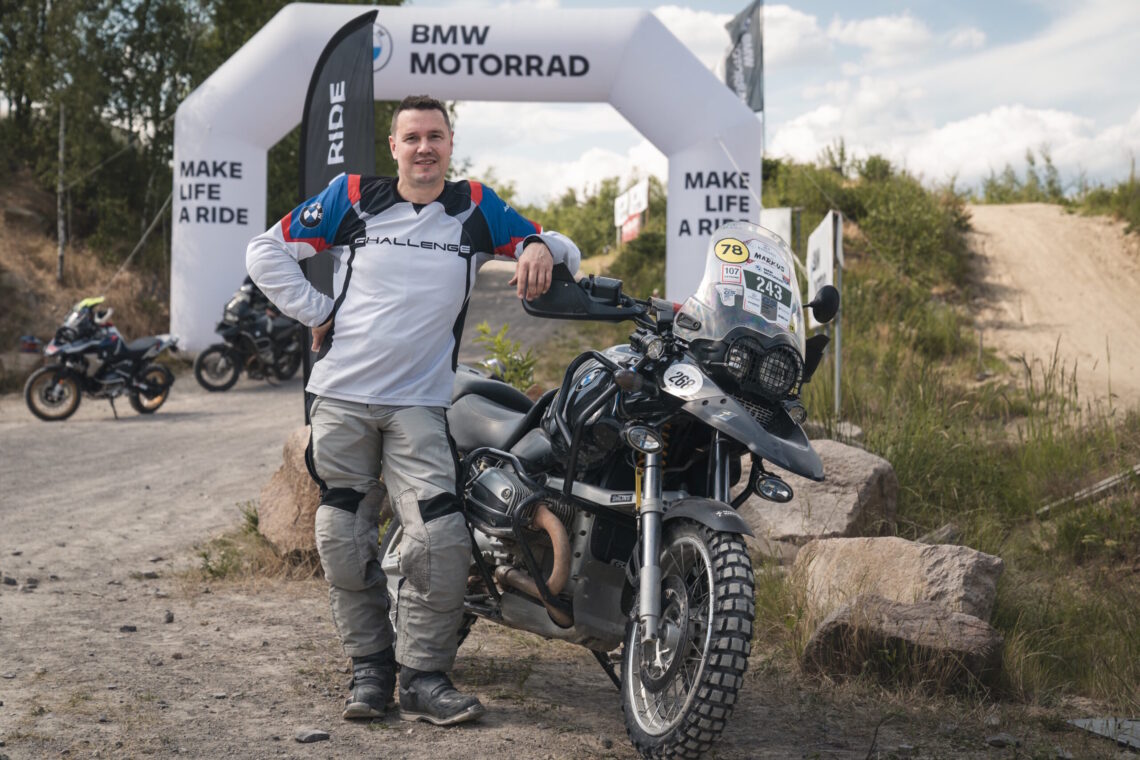
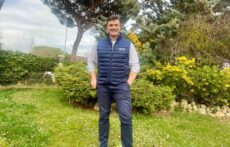
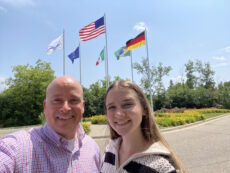
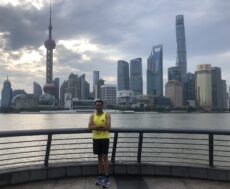
One response to ““In two-wheeled sports and on the job, the focus is always on what’s ahead””
Stone Kong
The Rider’s Ode to Markus Muller :
Swift-chasing warriors, astride steel steeds, facing trials unafraid.
Through thorns they charge, through waves they break,
Thunder roars, mountains quake,
Hearts ablaze, their spirits high!